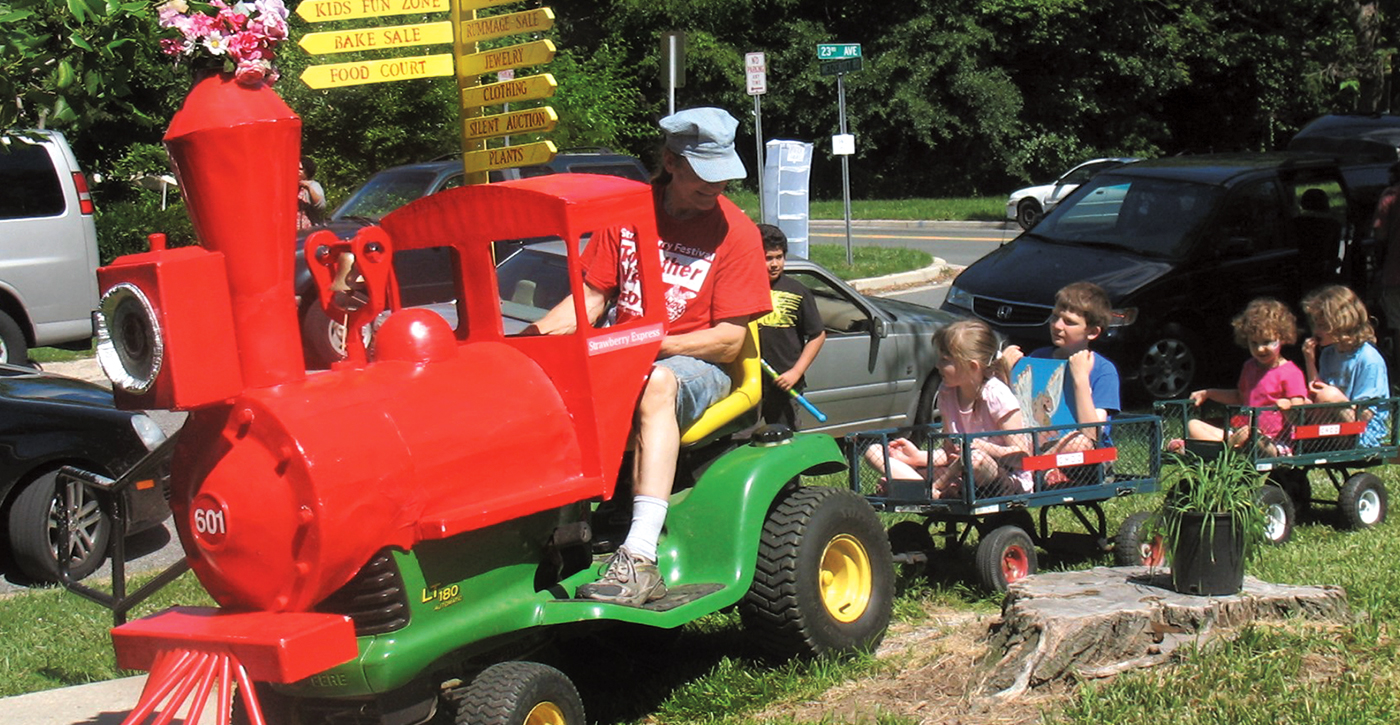For a while during the summer of 2003, I was aware of an unanswered question waiting to be asked. As I stayed with the awareness, I began to pose the question along a particular line of progression: As a youngster, I was asked what I wanted to be. I would answer architect, engineer, carpenter. Life was contained in family, school, Sunday school, and meeting activities. I looked forward to junior high school and Boy Scouts. That was what life was for.
When I got to junior high, I looked ahead to high school where I could choose between college preparatory, shop, or business courses with some subordinate choices in each. Also there were a variety of activities in which I could participate. Scouting had a set progression of rank and many merit badges to choose from along with activities such as camping, jamborees, and community service. And college was just ahead. This was what life was for.
In college, the questions became bigger and more open-ended. Who would I marry? What would be my calling? Where would we live? How many children would we have? This was what life was to be about, and college was the end of preparation.
World War II abruptly interrupted this progression. It posed a completely different set of questions and postponed answers to earlier ones. Issues of war, conscription, and pacifism were asked on someone else’s timing with deadlines for answers. I chose Civilian Public Service. This was life, immediate, in my face, now.
By the end of the war, one major question had been answered; I was married. The others worked themselves out over time in response to opportunities that came and the choices we made. I became an engineer; we had four children; we settled in the Vale, an intentional community outside of Yellow Springs; and I looked ahead to retirement. This was living.
For each of these stages along the path there were signposts and a gossamer-like set of expectations. I did what was necessary at the moment. Now, six and one-half years into retirement, I ask: what is retirement for? The signposts around me are inadequate and the expectations ill- defined at best. The advice available is of the kind that says, "Start saving early so you’ll have enough money for what you want." "Watch your health so you’ll be able to do what you want." "Here are the 20 best places to live if you want to play golf, or fish, or enjoy the weather." "Do this or do that so you can leave to your heirs what you have worked so hard to accumulate." "Don’t be a burden to your children or interfere in their lives." "Get a hobby." "Volunteer." None of these seemed to come close to answering the question that opened for me: "What is retirement for?"
As the question became clear, the answer floated into my awareness. Retirement is for being gentle with one another. It is time, unencumbered by expectations, to be kind to each other. Preparation is over; it is time to forego judgment of friends, neighbors, and strangers. Now is the time for joy, generosity, honesty, helpfulness, acceptance; for living.
With this answer, I am at peace. All unsureness is gone. As I reflect upon this answer, I see that it also fits all previous stages of life. Childhood, adolescence, courtship, marriage, family, empty nest, work, retirement, all provide one opportunity after another to be kind and gentle with each other, to forego judging others or oneself, to experience generosity, and to share joy.
The memories I cherish recall the times I was this way. Each day brings new opportunities, and I am content.


